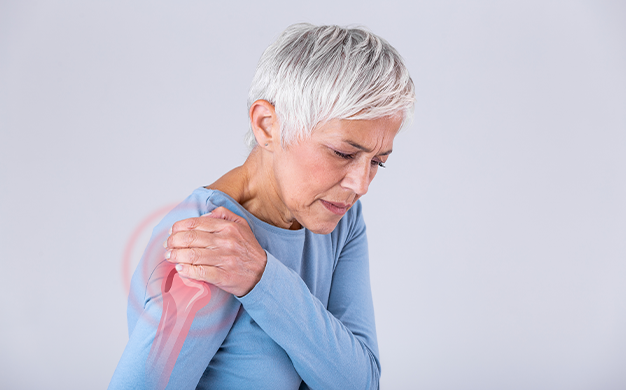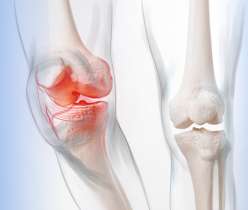Many think bones are hard and lifeless, but they are living growing tissue. Throughout your life, your body constantly breaks down, replacing old bones with new ones simultaneously. Osteoporosis is a bone health disorder that occurs when you lose too much bone, make too little new bone or both. Medicines can treat the condition and prevent future bone loss. You can get the best osteoporosis treatment online.
Children and teens make new bones faster than they lose old bones. As we age, we may lose more bones faster than we form. Bone loss in men and women usually speeds up in the 50s. But bone loss happens more slowly in men than in women at this age. This is because many women lose bone more rapidly when they reach menopause. This rapid bone loss can affect bone structure and density, thus weakening them.
Moreover, by age 65, the rate of bone loss becomes the same for both men and women. When people enter their 70s and 80s, bone loss often speeds up in the hip area, making them more likely to break a hip bone. One reason may be that most people become less active at this age. At an older age, they don’t absorb nutrients, majorly calcium, as easily and doesn’t get vitamin D. A variety of supplements are available to improve bone health. You can buy bone health supplements online at quite affordable rates.
About Osteoporosis
If you have osteoporosis, you may have bones with bigger holes and spaces between them. This means you have lost bone density and bone mass. As a result, your bones may become weaker and more likely to break. People with osteoporosis often break a wrist, spine, or hip bone. But their pelvis or upper arm bones are more likely to break. People with osteoporosis often experience bone fractures even from a minor fall that would not cause a bone to break in normal people. Sometimes bones may break from lifting a child or bumping into furniture. Breaking a bone could be more serious at an older age.
Estrogen and bone health
Estrogen is a hormone produced in a female body that plays a crucial role in women’s health. One of its major benefits is that it helps to protect the bones and helps keep them strong and healthy. A drop in the estrogen level causes women to lose bone density. Young women who often miss their menstrual periods have low levels of estrogen. Such women may not have bones as strong. Whereas in middle-aged women, a decrease in the hormone happens with menopause leading to rapid bone loss.
Arriving at Menopause
Menopause means the end of monthly periods. When a woman reaches menopause, her monthly cycle becomes less regular, and the phase is often referred to as perimenopause (around menopause). In some females, it takes less than a year to reach menopause, while in others, it can take up to a year or longer.
Menopause happens when your ovaries stop producing estrogen hormone. According to experts, the average age of menopause is 51 years, but some females get their last menstrual cycle in their 40s and others later in their 50s. Women in their 40s are at a high risk of breaking their wrists than men at this age. This could indicate bone loss starting even before a woman reaches menopause. There is an increased risk of bone loss when the estrogen begins to decline around menopause. The risk of breaking a bone in spines increases is higher in women. Rapid bone loss takes five to seven years after menopause in many women. After that, the process of bone loss becomes slow.
Some women go through physical and emotional changes at the time of menopause. The symptoms of menopause can last for several years or even longer after reaching menopause. These include sleeping, anxiety, mood changes, memory problems, night sweats, hot flashes, vaginal dryness, fatigue, change in sex drive, leaking urine during coughing, exercise, or other times.
Women near menopause with low density are at high risk of developing osteoporosis. The good news is osteoporosis is a disease that can be treated. Although there is no cure yet, broken bones can be prevented. You can slow the progression and prevent the worsening. In some cases, bone health may even increase. Menopause is when you can do a lot to protect your bone health.
Taking supplements and medicines for Osteoporosis
Your health care specialist will look at certain information to decide what you can do to prevent and treat osteoporosis. This includes risk factors for osteoporosis, your likelihood of breaking the bone, your medical history, and your current health status. If your health care provider recommends you take osteoporosis medicine, you should work together to choose the best that suits you. These medicines are available online at the best price, and you can buy bone health medication online.
Takeaway
It is important to speak to your health care specialist about any health concerns, including questions related to your bone health and what measures you can take to prevent future bone loss.




